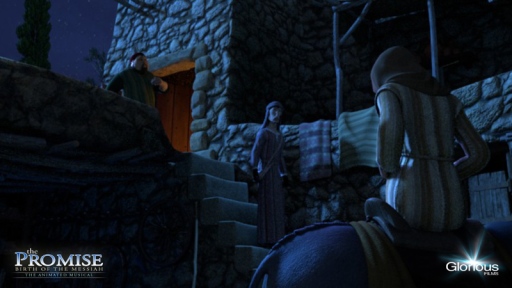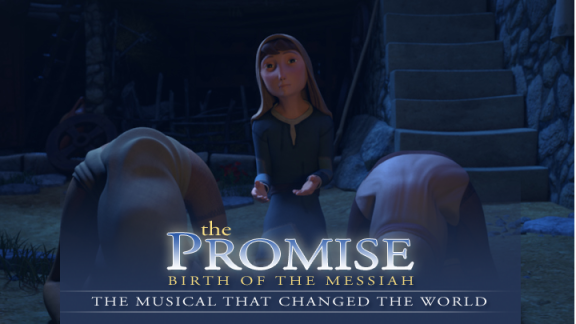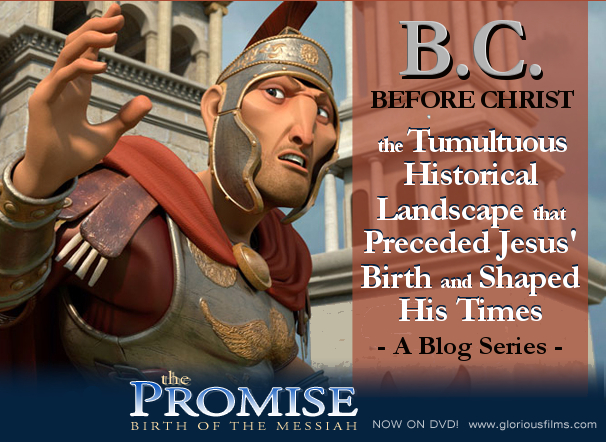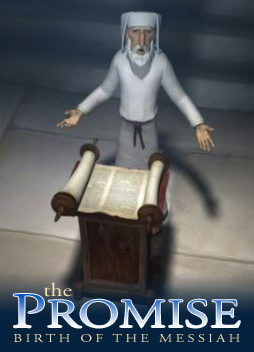Get more out of the story of Jesus’ birth through this process of contemplate, read, think, pray and watch.
Read: Luke 2:1-7
“In those days a decree went out from Caesar Augustus that all the world should be registered. 2 This was the first registration when Quirinius was governor of Syria. 3 And all went to be registered, each to his own town. 4 And Joseph also went up from Galilee, from the town of Nazareth, to Judea, to the city of David, which is called Bethlehem, because he was of the house and lineage of David, 5 to be registered with Mary, his betrothed, who was with child. 6 And while they were there, the time came for her to give birth. 7 And she gave birth to her firstborn son and wrapped him in swaddling cloths and laid him in a manger, because there was no place for them in the inn.”
Think – Despite your best intentions, do you sometimes experience a complete fail when it comes to trip planning? I do. But that doesn’t surprise me, because I’ve never been the best trip planner, mostly because I’m pretty laid back. But when it comes to big events – like the birth of my children – I’ve turned up my planning several notches because it’s so important.
That’s why I scratch my head a little when I read the account of Joseph’s and Mary’s trip to Bethlehem and the birth of Jesus in a stable. It seems like the couple suffered from a complete lack of planning, so much so that the entire section from Luke 2:1-7 virtually begs for an explanation. One wonders how Joseph could have put his wife and the unborn Messiah into such a precarious situation by allowing Mary to travel such a long journey so near her due date. It is also curious how Joseph, whose ancestral home was Bethlehem, didn’t find a cousin to stay with in Bethlehem. Even so, how could he not find a single home or inn that would make room for Mary to have the baby? Either Joseph was a complete pushover, or the people of Bethlehem were completely heartless (how can there not be a person would give up a room for a pregnant woman to have a baby?)! What gives?
It seems that Mary and Joseph may not have been able to calculate exactly when the baby would be born, and did not know that their travel would coincide so closely with Christ’s birth. Or, more likely, Mary was under much consternation in Nazareth, and did not want to be separated from Joseph when Jesus was born. There is also the simple explanation of love; Mary and Joseph just wanted to be together for the birth of the child. The fact that
the child was of such incredible significance makes it almost impossible to imagine that Mary would NOT have gone with Joseph. The text may also imply that Mary was required by law to go with Joseph (2:5 says Joseph was “to be registered with Mary, his betrothed). Of course, not going to Bethlehem for the census and defying Roman law was not an option for a righteous couple (and for their own welfare), and it is virtually assured that the couple saw in the Roman decree God’s providential hand moving them to Bethlehem for the birth of Messiah, just as Micah 5:2 had prophesied would happen.
But why didn’t they have a better place to stay in Bethlehem? I recently read a blog which tried to explain these difficulties by saying that we just don’t understand the story – that they were staying with family, and it was quite normal to stay in an attached stable, etc. But I think that view misses the point.
Mary and Joseph were not in a normal place to have this baby – any baby – and I think Luke is highlighting that in his Gospel. I think there is a practical, and a spiritual explanation for what took place that first Christmas. The most likely explanation for their lack of lodging was that the long bumpy journey caused Mary to go into labor earlier than the couple expected, and it was around nightfall when they reached Bethlehem. Mary must have been in labor for the final leg of the journey and was on the verge of having the baby when they reached the outskirts of Bethlehem. There was just no more time to look up relatives, and little time to locate a room. They had come to Bethlehem for a census, and with them a crowd of people had likewise descended on the small town for the same purpose, and Bethlehem was splitting at the seams with visitors. In ancient times, splitting at the seams was almost to be taken literally, as entire families (and their baggage and food) would crowd into tight spaces that modern Westerners would consider a one-person room (I have seen similar conditions first-hand when I lived in East Africa). As Joseph rushed about knocking on a few doors of homes and “inns” (informal lodging places), he was turned away from these overcrowded locations because there really wasn’t any room. There was simply no more time to argue, bribe or force his way into a home; when he was offered an open stable, it was one step better than having the baby in the street, and he took it.
It doesn’t take much imagination to think that Joseph and Mary were pretty upset over this horrible turn of events. Birth is supposed to be a joyous, “perfect” occasion, and instead, they were stressed out of their minds finding a place to have the baby and ended up in a barn! And not just any baby – the Messiah! But this was all God’s planning. He wanted the world to see that He related to the lowliest, not just the greatest. He was also trying to teach us from the start that greatness is not found in the external things like wealth, prestige and worldly honors. Greatness is found by glorifying God and giving one’s life in service to others.
I am not sure when the couple realized that this was what God was doing, but it must have hit them by the time the shepherds visited them after Jesus was born — God was doing this on purpose! All of the pieces of the puzzle finally came together. Messiah was born to a peasant girl. His earthly dad was a common carpenter, from a town of no importance (Nazareth). Though he was the second king born in Bethlehem, a son of David, and the King of Israel, not a single home made room for him to be born (John 1:11). His place of birth was not just meager – it was below the lowest of low standards – a stable for animals – and his first crib was a hay trough. The fact that lowly shepherds were the “dignitaries” to whom God sent angels to announce Messiah’s birth, and they were the first to worship Jesus, well, that was the final touch.
I think Mary and Joseph grew wide-eyed as this realization set in, then awe-soaked tears and joyful laughter followed. God is not like earthly Kings. He’s not really like selfish people at all. His ways are not our ways. And He loves the whole world so much that He is willing to relate to the lowest of the low in order to save us. The fact that He even let Himself be wrapped in human flesh and go through life as a human being is the most humiliating thing of all. Remember, He is Holy. He is the Creator of the earth! The babe laid in a manger reminds us of the lowly state of humanity, and the exalted love of God to break into history and become one of us lowly folks. It was the ultimate object lesson.
Or almost. The ultimate object lesson was to see the awfulness of sin and sinners poured out on this babe-turned-man. Sinners crucified a completely loving, innocent God-man, and the sin of mankind was born in His flesh. God had gone much further than the humiliation of a manger – He had offered Himself as a sacrifice through the shame of dying like a common criminal on a cross.
“Oh the wonder of it all. Laid in a manger, no place for a King. Nailed to cross, for us suffering. Divine humiliation begats eternal glorification. The babe born that night, His praises sing!” (author)
Pray – Lord Jesus, we praise you for your humility, that you, being God, did not hold onto your right as King, but you gave it up to become a peasant like us, and through your life, death, and resurrection, have granted salvation to all who call on your Name! We praise your Name this season, and always! Amen.
Watch – On the Road to Bethlehem http://youtu.be/f620hB5ey14






